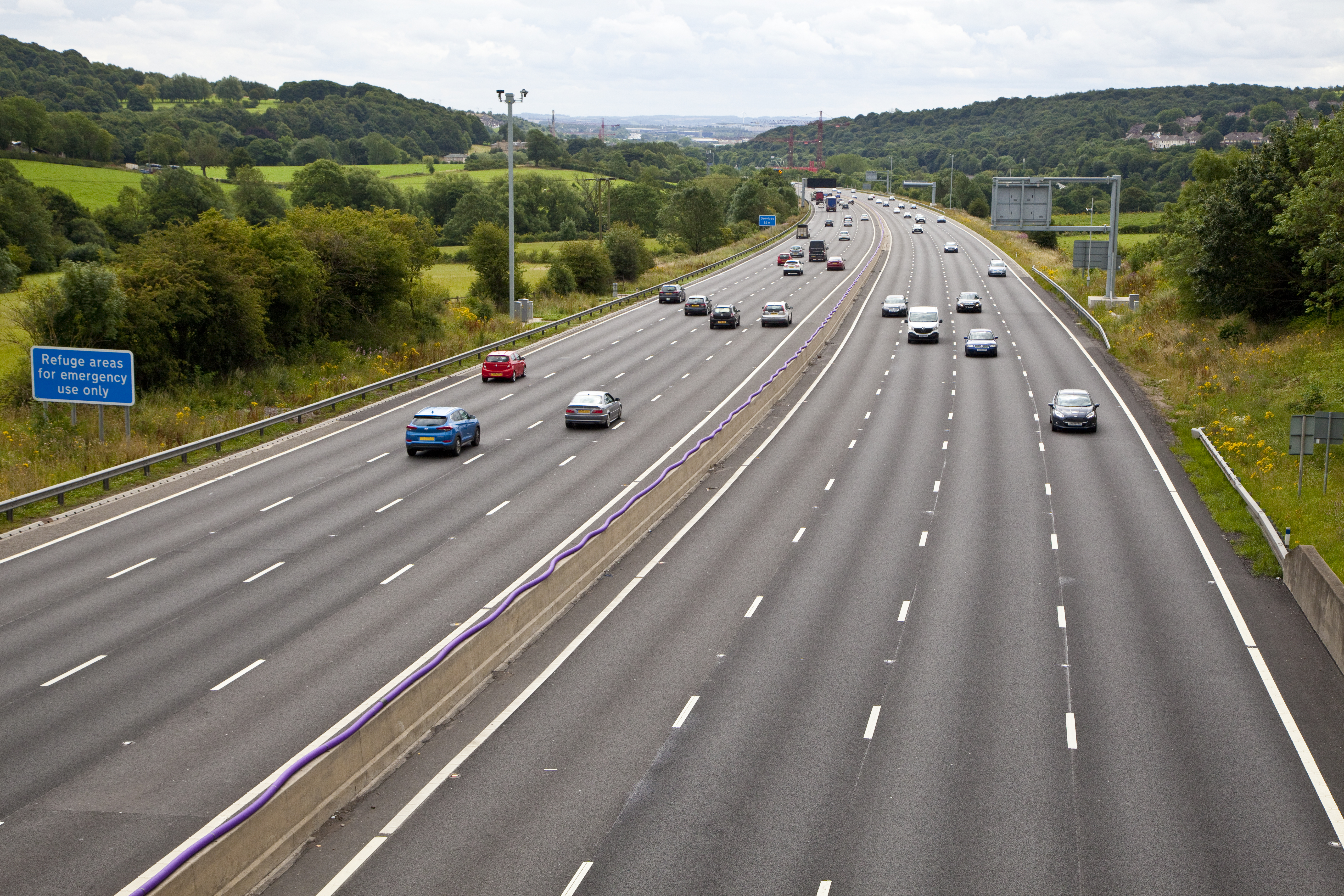Five billion pound black hole looms
The Chancellor could face losing almost a third of the revenue he gets from fuel duty from cars before the end of the decade because of the move to green motoring.
However, the blow to the public finances – caused by the collapse in the sale of new diesel cars and the growing popularity of electric vehicles (EVs) – is likely to be cushioned by a temporary rise in the revenue received from petrol cars.
In 2019, (pre-pandemic) income from fuel duty was £28 billion with £16.4 billion (58.6%) derived from the 32.9 million cars on the UK’s roads at the time.
However, analysis by the RAC Foundation shows that under an optimistic scenario for the future take up of EVs the £16.4 billion figure could be cut to £11.4 billion (a £5 billion or 30.5% reduction) by the middle of 2028.
Five billion pounds is roughly equivalent to what is spent annually on operating, maintaining and enhancing the nation’s motorways and major A Roads.
The RAC Foundation forecasts that the decline in income would be faster still if not for a short-term rise in the number of petrol and plug-in hybrid cars on the road caused by drivers switching away from diesels but not straight to EVs.
This pursuit of petrol could lead to the amount of fuel duty derived from the use of petrol-powered cars actually going up in the short term.



